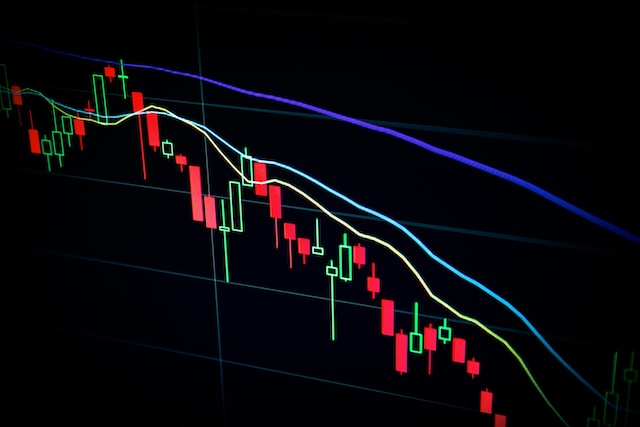Cryptocurrency Laws in Singapore
The rise of digital currencies has led many nations to develop laws and regulations governing their use. Singapore, a global financial hub, is no exception. In this article, we will explore the legal landscape of cryptocurrency in Singapore, focusing on its regulations, penalties, and popular cryptocurrencies. We will also touch on cryptocurrency trading and gambling, and the impact of government laws and resources.
Is cryptocurrency legal in Singapore?
In Singapore, cryptocurrency is legal. The city-state has a progressive stance towards digital currencies and blockchain technology. Singapore’s authorities recognize cryptocurrencies like Bitcoin, Etherium, Litecoin, Dogecoin, Tether, Cardano, USDT, XRP, and Monero, and they are not considered illegal.
What are the penalties and enforcement for violating cryptocurrency laws in Singapore?
Penalties for violating cryptocurrency laws in Singapore are quite severe. They can range from heavy fines to imprisonment. The Monetary Authority of Singapore (MAS) oversees the enforcement of these laws and regulations. Violations may include unlicensed trading, money laundering, and fraudulent activities involving cryptocurrencies.
What are the current cryptocurrency regulations in Singapore?
Singapore has implemented several regulations for cryptocurrencies. The Payment Services Act (PSA), enforced by the MAS, requires cryptocurrency businesses to obtain a license to operate. This law covers a range of activities including account issuance, domestic money transfer, cross-border money transfer, merchant acquisition, e-money issuance, digital payment token services, and money-changing services.
Moreover, the MAS also applies the anti-money laundering (AML) and countering the financing of terrorism (CFT) regulations to cryptocurrency transactions.
Which cryptocurrencies are most popular in Singapore?
The most popular cryptocurrencies in Singapore include Bitcoin (BTC), Etherium (ETH), Litecoin (LTC), and Ripple (XRP). These digital currencies are widely used due to their global acceptance and high market capitalization.
Is cryptocurrency trading legal in Singapore?
Yes, cryptocurrency trading is legal in Singapore. However, traders are required to comply with the PSA and other relevant laws. Traders must also report their transactions to the government to prevent money laundering and other illegal activities.
Is cryptocurrency gambling legal in Singapore?
Cryptocurrency gambling falls under a grey area in Singapore. While gambling is legal in Singapore, the government heavily regulates it and online gambling remains largely illegal. As such, using cryptocurrencies for gambling could potentially lead to legal complications.
What government laws and resources impact cryptocurrency in Singapore?
The main government law that impacts cryptocurrency in Singapore is the PSA. The PSA was expanded in 2020 to include digital payment token services – effectively covering cryptocurrency exchanges and other blockchain-based financial services. This law ensures that businesses dealing with cryptocurrencies are held to the same compliance standards as traditional financial institutions.
The MAS also provides a number of resources to help individuals and businesses understand and comply with cryptocurrency laws. These include guidelines on the PSA, licensing requirements, and AML/CFT controls.
Overall, while Singapore has embraced cryptocurrencies, it also has strict laws and regulations in place to prevent illegal activities and protect consumers. This balanced approach has made Singapore a popular hub for cryptocurrency businesses.
